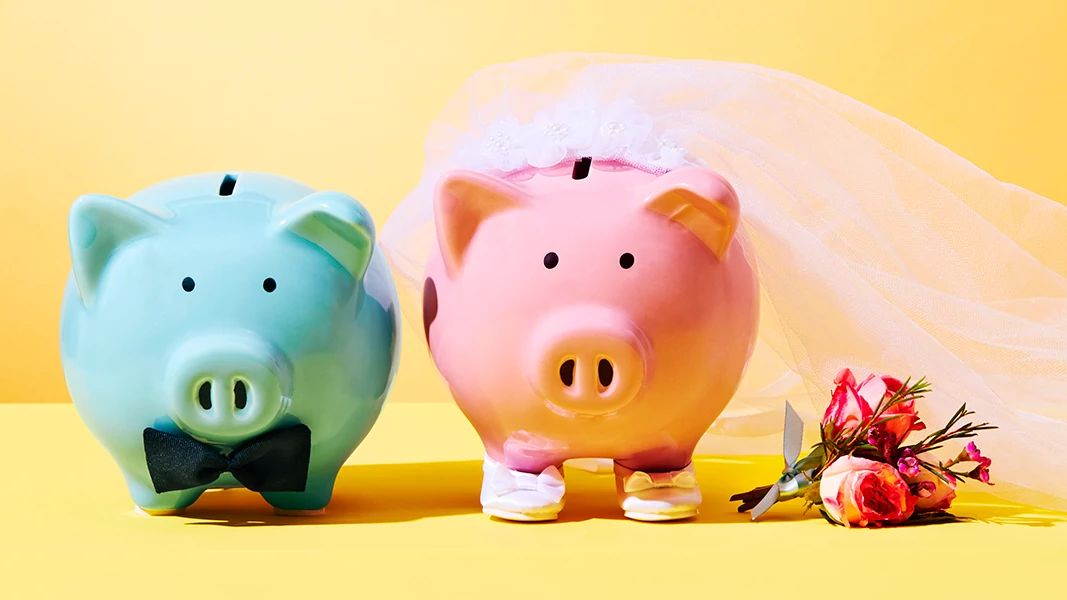Fitness
The Obsession We Really Need To Let Go Of
I, for one, would feel a lot freer.


Introversion: It’s trending for everyone. We complain about “peopling” as if the presence of other humans, even ones we supposedly like, is simply beyond our capacity to endure. Our constitutions are far too delicate for crowded rooms or meaningless small talk. After an evening of socializing, we require a lavender oil-infused bath and an Excedrin.
And, of course, we all have that one friend who obviously loves a crowd and thrives off the energy of others — and yet claims they’re an introvert. Or they say they’re an “ambivert” or an “extroverted introvert.” This allows you to be gregarious over the course of one evening but also completely fall apart the next day.
We want personality labels, and we want them now. All the better if those labels make us unique or increase our need for self-care. This isn’t to say that introversion and extroversion aren’t real personality traits. They are. But when Carl Jung first coined the terms “introvert” and “extravert” in his book, Personality Types (1921), he described something more nuanced than the black-or-white extremes pop culture lunges at today. Today, when we talk about introversion and extroversion, we usually use narrow and limiting binary terminology. We reference a person’s shyness or outgoingness, or their quiet or boisterous nature, with the assumption that the person in question is entirely one way or another. We forget that introversion and extroversion, like most seemingly binary ideas, exists on a spectrum. And we entirely ignore a major contributing factor in how we feel and behave in any given situation: context.
Context can change everything about a person’s behavior. The same person can be shy in one crowded room and the center of attention in another. Confident in one and angst-ridden in another. Our behavior in a space hinges on a multitude of factors, from how packed the room is, to who is actually in the room, to what music is playing, to the overall atmosphere and energy, to the person’s stress levels and what they’ve eaten (or not eaten) that day. And it matters how that person sees themselves. If the narrative they’ve been feeding themselves is “I don’t ‘people’ well — I’m introverted,” of course they are more likely to be quiet and reserved and feel like they need to bow out early. They’ve created an expectation and will behave accordingly to meet it.
When we stamp labels on ourselves, we box ourselves in. My daughter often takes time to warm up to new people and situations, but I hate when someone labels her as “shy.” Just because she sometimes chooses to stand back and observe for a bit before opening up does not mean she’s shy. It means she’s assessing that particular situation. Her behavior in that single moment is not a permanent predictor for all her future behavior. Sometimes she takes merely a second before plowing into a room and chatting up a new friend, because sometimes that’s as long as it takes for her to feel comfortable in a space. If I constantly told her she was shy, would she feel the same freedom to be however she needed to be? Or would she pause and think, I’m shy, and withdraw into herself? I don’t want her to do that.
Adults shouldn’t do this, either. Yes, introversion and extroversion are real. There’s no doubt each of us is more likely to lean one way or the other in most situations. But it’s impossible to be entirely an introvert or entirely an extrovert, and it’s exceedingly rare for anyone to be permanently stuck on one side of that spectrum. And why would we want to limit ourselves this way?
I get it, though. I myself have gotten caught up in the idea of introversion and joined the “I hate peopling” crowd. There’s some irony for you. But I see the draw — claiming the introvert label means you get to be unique, because fewer people are introverted than are extroverted. And it means you get an excuse to decline social events, bail on people, or avoid social interaction even when, deep down, you crave it. But, by the way, those more inclined to introversion also crave social interaction. And extroverted types also feel emotionally worn out after a long evening of socializing. We’ve just become so binary in our thinking about labels that we’ve abandoned nuance altogether. We’ve committed to being the same person all the time, when in reality we are ever-changing, fluid beings.
So, what if we dropped our obsession with labels? What if we gave ourselves permission to be whatever we need to be in any particular moment, rather than permanently boxing ourselves into a limiting personality type? What if we approached a situation and let our feelings in that moment guide us, rather than allowing a preconceived notion of who we’ve told ourselves we are influence an outcome? Imagine the possibilities if we entered each new adventure with the freedom to adapt and reinvent ourselves. I, for one, would feel a lot freer.
More from The Girlfriend


More for you, from AARP
We are a community from AARP. Discover more ways AARP can help you live well, navigate life, save money — and protect older Americans on issues that matter.




























